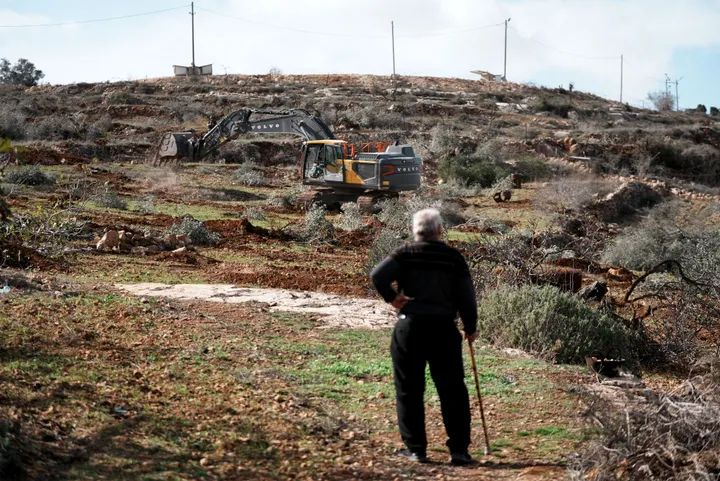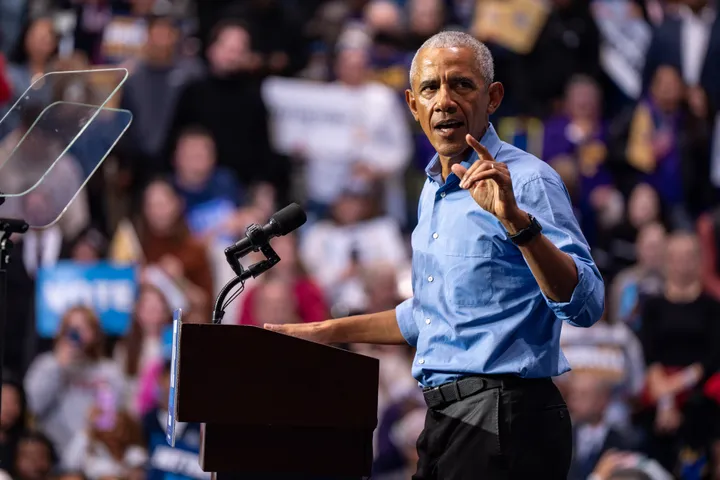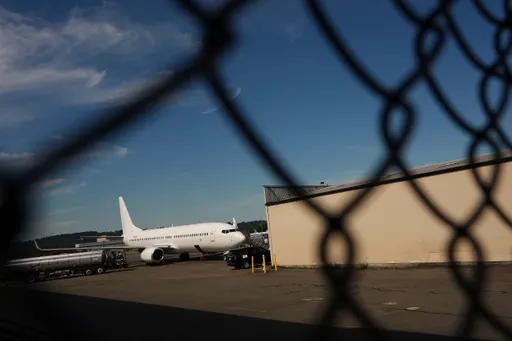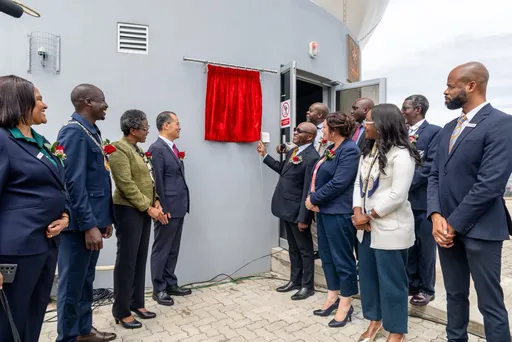By Mazhun Idris
Nigerians are under the pump, literally, as the new administration's move to completely cut fuel subsidies unleashes a chain of economic repercussions having a direct bearing on the lives of ordinary citizens in Africa's largest oil-producing country.
In the not-too-distant past, people were happy to buy cheap fuel that ironically came at a great cost – billions of dollars of public funds going into subsidising petroleum products, mainly underwriting refining and import.
Citing various financial and regulatory reasons, the government has now ended the funding. As fuel buyers reconcile themselves to the new reality of having to pay a multiple or more of the old price, household budgets are combusting faster than fuel.
Spiralling prices of goods and services as a consequence of increase in energy costs translate into more livelihood challenges especially for students, low-income households, and small businesses.
Daily crude oil production in Nigeria amounts to close to two million barrels – virtually all in the Niger-Delta region. However, since the beginning of June, petrol has been selling at N550 a litre in some urban centres of this region, more than double the price of N250 only two months ago.
Missing classes
Ekanem, a student at the University of Uyo in Akwa Ibom state is among the millions feeling the pinch of the subsidy removal, having been forced to even curtail his daily commute due to high transport cost.
He has lately been attending classes only twice a week or so. "I don't even feel like a student now, because out of the five days I should attend school, I only go two times. I miss classes in the hope that I will get study materials from those that are able to attend," he tells TRT Afrika.
Medical student Emmanuel Chibuike points out that transport isn't the only aspect of life that has been affected. "Food and printing of study materials, too, are suddenly way costlier."
Idayat Adebanjo, who owns a hairdressing salon Uyo, has been getting fewer clients than before because many people are economically unable, and unwilling, to spend more.
“I used to charge N500 to plait hair. But now that I have had to increase the rate to N800, my customer base has shrunk. In fact, people want to pay less than they did before, complaining about the high transport fare," she says.
A mother of three schoolboys, Idayat has been in the hairdressing business since 2021, when she followed her husband from her native state of Ogun in southwest Nigeria to Uyo in search of economic opportunities.
“I used to give my three kids N600 daily for transport to and from school, but now I pay N700 for only two of them. My firstborn is waiting to start university this year, and I cannot afford to sponsor him because of the increase in university fees and general cost of living," Idayat Adebanjo laments.
Long-term benefits
For decades, the fuel subsidy has cost the Nigerian economy dearly with officials and economists saying the bigger beneficiaries were not the ordinary people. Instead, some elites enriched themselves with some of the funds usually budgeted for the subsidy payments.
Data from Nigeria’s oil industry regulator, NMDPRA, shows that the country’s average daily petrol consumption has fallen to 48.43 million litres in June from the previous average of 66.9 million before the subsidy removal.
The agency has not given details of the reasons for the decline but some analysts believe it could be partly due to the authorities’ efforts in blocking irregularities in the calculations of the consumption volume, which directly determines the amount of subsidy payments.
There is a consensus among economists that the subsidy was unsustainable for Nigeria. President Tinubu last month said scrapping it would "save the country from going under."
The government spent $10 billion on the subsidy last year alone. Despite having already spent $2.41 billion on the subsidy in the first five months, Nigeria could still save up to $5.10 billion this year from scrapping the petrol subsidy and from foreign exchange reforms, the World Bank said in June.
The Nigerian government says the money being saved would be invested in infrastructure, health and education as well as tackling poverty and unemployment, returning big gains to ordinary people in the long run.
President Bola Tinubu has acknowledged the current suffering of Nigerians after the subsidy removal. He however, assures that the long-term benefits of the decision are immense and that Nigerians should be more patient.
Freeing up resources
‘’I admit that the decision will impose extra burden on the masses of our people. I feel your pain,’’ President Tinubu said in a televised address marking the country’s Democracy Day last month.
Scrapping the subsidy will “free up for collective use, the much-needed resources, which had hitherto been pocketed by a few rich,” he said.
Some experts say the government should take some measures to cushion the effects of the subsidy removal.
"The impact of the fuel-price hike on people's livelihood can only be estimated in gross terms. Fuel is the bloodline of the Nigerian economy," says Ubong Asa, an economist with the department of agricultural economics and extension, University of Uyo.
“Small businesses mostly rely on petrol-fed generators to power production. As fuel costs rise, every resultant impact is passed on to consumers because it is no longer a marginal cost. And since consumers’ income has not increased, people have been forced to cut their consumption of luxury items, and focus on food, medical care, and school fees," he tells TRT Afrika.
Revamp refineries
To address the hardship, Asa believes that the government should "increase salaries and provide free or highly subsidised public transport".
"Manufacturers could be granted tax breaks, and electricity supply from the national grid be improved," he tells TRT Afrika.
He also calls for more monetary reforms in Nigeria's oil and gas sector. “Oil should not be traded in US dollar within Nigeria, as it will be prone to destabilisation in the foreign exchange market, which then harms the domestic economy."
He also suggests improving Nigeria’s oil refining capacity. "What's obtainable in the long run is for the government to revamp our refineries to work at an optimal level. Likewise, complete deregulation should take the cue from what we witnessed in the telecom sector in terms of crashing and stabilising prices through open competition in a free market," says Asa.






















